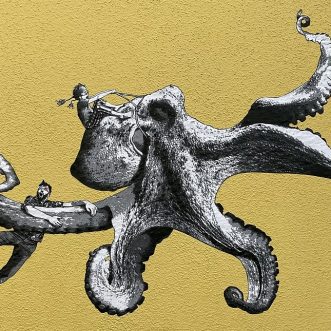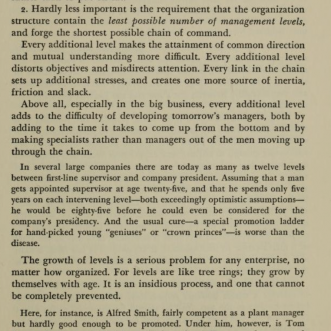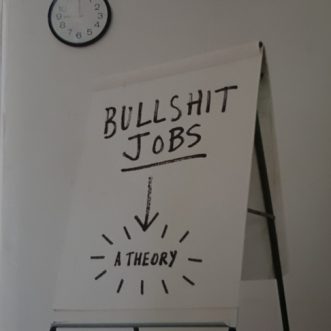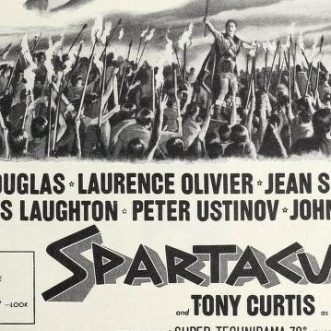
The trough of inefficiency
It’s a well-known phenomenon. As a one-person or few-person business grows and adds more people it becomes less and less efficient. As more people are added and roles are specialised, overheads are added too – of communication, coordination and support, and eventually management.
The result is that a business spends time in what Seth Godin calls The trough of inefficiency. Perhaps even getting stuck there forever.
It doesn’t have to be this way.
When you started your business, you were its CEO – Chief Everything Officer. You did everything, gradually shaping a unique end-to-end process for making and keeping promises to the people you serve. A process that works.
We fall into the trough of inefficiency because we think of our businesses as pin-factories – a set of tiny, repetitive operations chained together, managed by someone who can see the bigger picture, who has the whole process in their head.
Why not simply replicate the Chief Everything Officer instead?
If you can do it, so can someone else. Especially if you tell them what you do.
Tell them your Promise, Tell them what you do to make it, and what you do to keep it. Write it down like music in a Customer Experience Score so that they can run the whole thing themselves, even when you’re not in the room.
If everyone’s a Chief Everything Officer, you only need meetings for business-changing decisions, not the day-to-day.
If everyone’s a Chief Everything Officer, you don’t depend on specialists. When everyone knows everything that needs doing, they can support each other.
If everyone’s a Chief Everything Officer, You don’t need managers. People co-ordinate themselves, managing their own Customer Experiences.
Even better, further growth is simple. For more impact, add more Chief Everything Officers.
A Customer Experience Score can your ladder out of the trough of inefficiency.
It works just as well as a bridge to stop you falling in in the first place.









